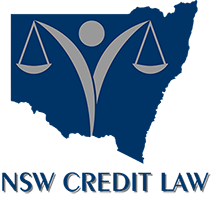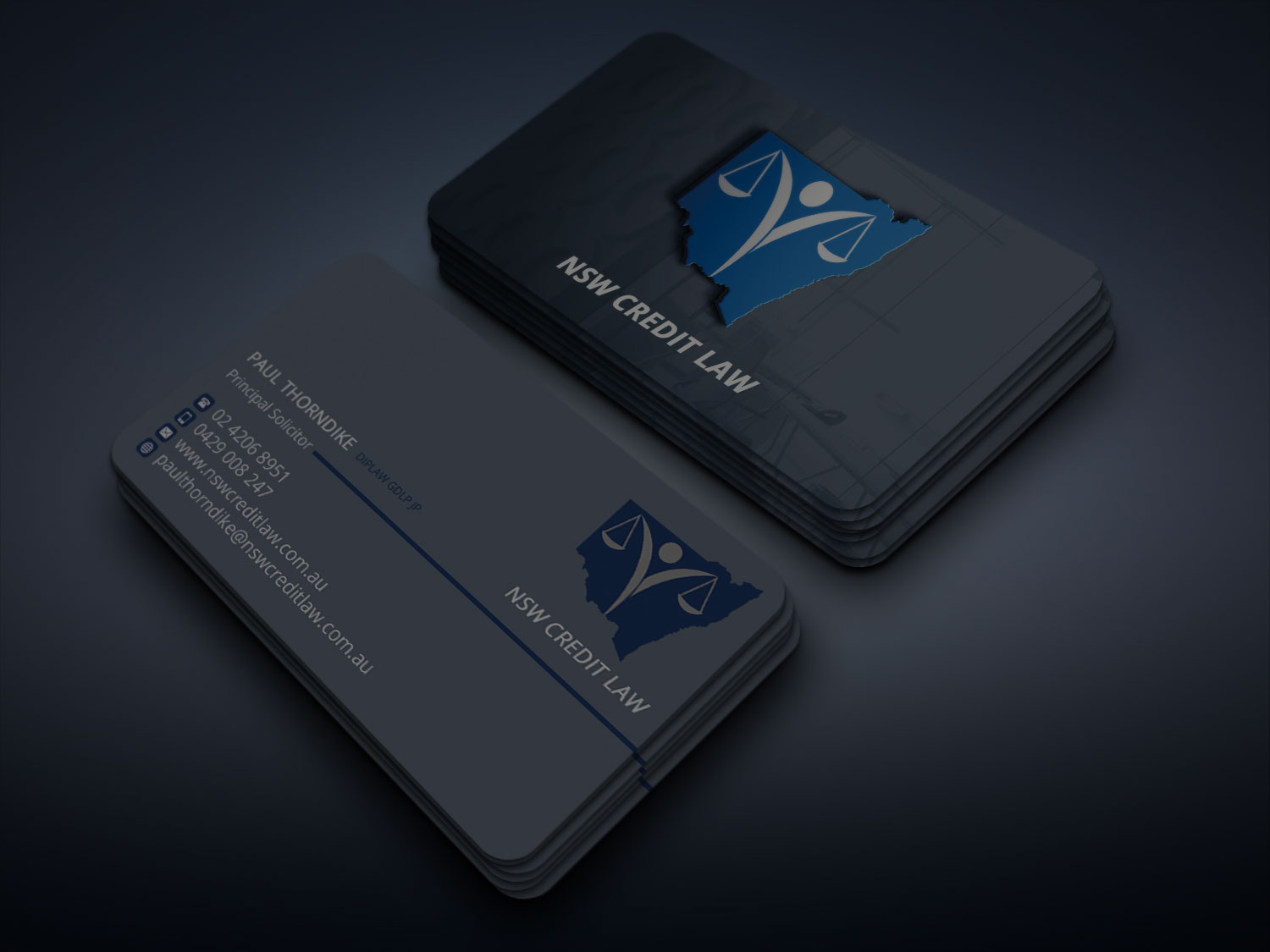Ethical Obligations of Lawyers in NSW
Ethical Obligations of Lawyers in NSW

Lawyers in New South Wales, Australia, are ethically bound by a combination of professional and ethical standards, including legislation, regulations, and codes of conduct. The key laws and regulations that govern the ethical conduct of lawyers in New South Wales include:
- Legal Profession Uniform Law (NSW): The Legal Profession Uniform Law (NSW) governs the practice of law in New South Wales and is the primary legislation that sets out the regulatory framework for lawyers. It establishes the Legal Services Commissioner and the Legal Services Council, which oversee legal practitioners’ conduct and professional standards.
- Legal Profession Uniform Conduct (Barristers) Rules 2015: These rules set out the professional conduct obligations for barristers in New South Wales. They cover matters such as the duty to the court, confidentiality, conflicts of interest, and the handling of clients’ money.
- Legal Profession Uniform Conduct (Solicitors) Rules 2015: These rules apply to solicitors in New South Wales and outline their professional responsibilities, including client confidentiality, conflicts of interest, and trust accounting requirements.
- Australian Solicitors’ Conduct Rules: These are national rules adopted by the Law Council of Australia that apply to solicitors across the country, including New South Wales. They provide guidance on professional and ethical conduct, including client communication, integrity, and competency.
- The Solicitors’ Rules: The Law Society of New South Wales, which is the professional association for solicitors in the state, has its own rules and guidelines that govern the professional conduct of solicitors. These rules are often aligned with the Legal Profession Uniform Law and Conduct Rules.
- Barristers’ Conduct Rules: The New South Wales Bar Association has its own rules and codes of conduct that apply to barristers in the state. These rules cover ethical obligations, advocacy standards, and professional conduct.
- Client Legal Privilege: Lawyers in New South Wales are ethically bound to uphold the principle of client legal privilege, which ensures that communications between lawyers and their clients are confidential and protected from disclosure in most circumstances.
- Anti-Money Laundering (AML) and Counter-Terrorism Financing (CTF) Laws: Lawyers in New South Wales are subject to AML and CTF regulations, which require them to conduct due diligence on clients to prevent money laundering and the financing of terrorism.
- Legal Services Commissioner: The Legal Services Commissioner is responsible for handling complaints against lawyers in New South Wales. Lawyers are ethically bound to cooperate with investigations conducted by the commissioner.
- Conflict of Interest Rules: Lawyers must navigate complex rules regarding conflicts of interest to ensure they do not compromise their duty to act in the best interests of their clients.
These laws and regulations collectively form the ethical framework within which lawyers in New South Wales must operate. Violations of these ethical obligations can result in disciplinary action, including fines, suspension, or disbarment, depending on the seriousness of the breach. Lawyers are also encouraged to adhere to codes of conduct and ethical guidelines established by their respective professional associations.
Professional Misconduct
Professional misconduct by lawyers in New South Wales (NSW) is taken seriously, and there are several consequences that may result from such misconduct. The severity of the consequences can vary depending on the nature and gravity of the misconduct. Here are some potential consequences:
- Investigation: When allegations of professional misconduct arise, they are typically investigated by the Legal Services Commissioner in NSW. The commissioner may conduct inquiries to gather evidence and assess the merits of the complaint.
- Censure or Reprimand: For less serious misconduct, a lawyer may receive a censure or reprimand. This is a formal written statement of disapproval by the appropriate regulatory authority. It is a warning and a public acknowledgment of the misconduct.
- Fine: Lawyers found guilty of professional misconduct may be fined. The fine can vary in amount, depending on the nature of the misconduct and the severity of the breach.
- Suspension: A lawyer may be suspended from practicing law for a specific period if the misconduct is serious but not grave enough to warrant disbarment. During the suspension, the lawyer is prohibited from practicing law.
- Disbarment or Striking Off: The most severe consequence of professional misconduct is disbarment, which involves the removal of a lawyer’s right to practice law in NSW. This is typically reserved for egregious cases of misconduct, such as fraud, dishonesty, or serious breaches of professional ethics.
- Restitution: In cases where clients have suffered financial harm due to a lawyer’s misconduct, the lawyer may be required to make restitution by repaying the affected clients for any losses incurred.
- Costs: Lawyers found guilty of misconduct may be ordered to pay the costs associated with the investigation and disciplinary proceedings.
- Loss of Reputation: Professional misconduct can seriously damage a lawyer’s reputation within the legal community and among clients. It can lead to a loss of trust and credibility, which can be challenging to regain.
- Civil Liability: In addition to disciplinary consequences, lawyers may face civil liability for their misconduct. Clients who have suffered harm as a result of a lawyer’s misconduct may pursue civil litigation to recover damages.
- Criminal Charges: In cases of particularly serious misconduct, such as embezzlement or fraud, criminal charges may be filed against the lawyer, leading to potential criminal penalties, including fines and imprisonment.
It’s important to note that disciplinary processes and consequences for professional misconduct can vary by jurisdiction, and they are subject to the specific laws and regulations governing the legal profession in NSW. The Legal Services Commissioner and relevant professional bodies, such as the Law Society of New South Wales and the New South Wales Bar Association, play important roles in investigating and addressing allegations of misconduct.
Lawyers are expected to adhere to high ethical standards and professional conduct to maintain the integrity of the legal profession, protect the interests of clients, and uphold the rule of law. Clients who believe they have been subjected to professional misconduct by a lawyer in NSW can file a complaint with the appropriate regulatory authority for investigation and potential disciplinary action.
Should you have any queries with regards to this article or any other article published on our website please do not hesitate to contact Paul Thorndike at 0429 008 247 or paulthorndike@nswcreditlaw.com.au
Articles are general in nature and should not be taken as specific legal advice.
Disclaimer: When researching and drafting this article we may use an AI advanced language model amongst other sources. It is intended for general informational purposes and should not be used as a substitute for professional advice. While every effort has been made to ensure the accuracy and reliability of the information provided, we cannot guarantee its completeness, timeliness, or appropriateness for any particular purpose. Usage of this information is at the reader’s own risk. We are not liable for any errors, omissions, or results that may be obtained from the use of this information. Always consult with a qualified professional before making any decisions based on the content of this article. For legal advice please contact Paul Thorndike on 0429 008 247 or at paulthorndike@nswcreditlaw.com.au

